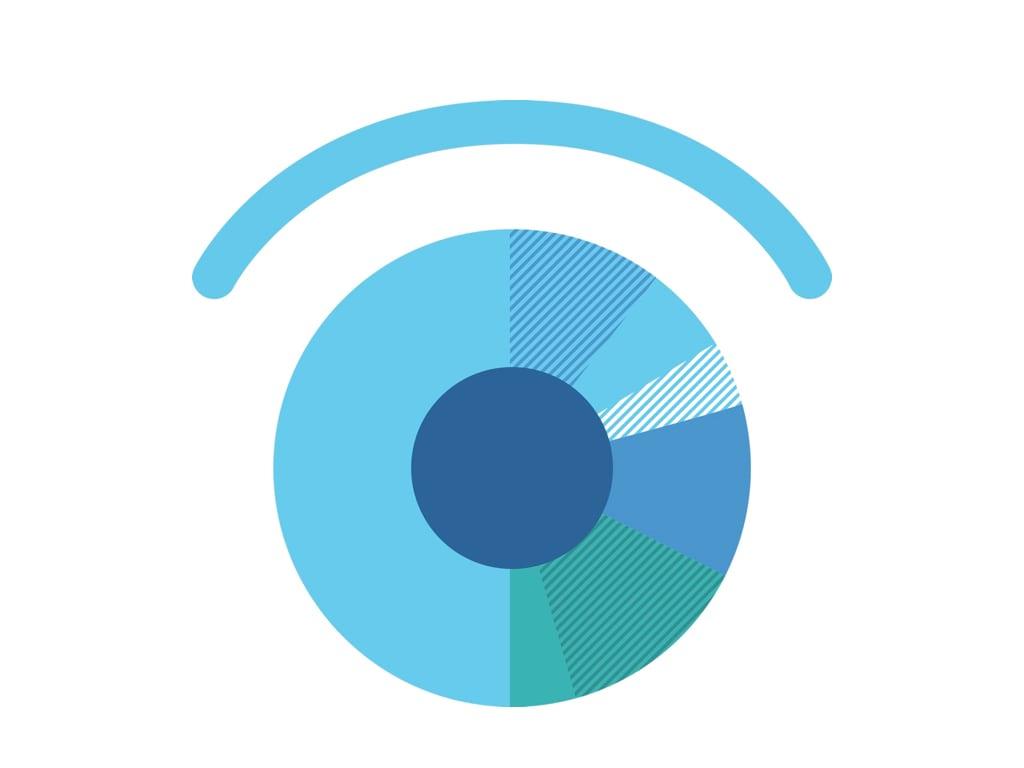When it comes to her health, there is no bliss in ignorance for Kelly Anderson.
“For me, I’ve always wanted to know. I’ve always wanted to know what’s happening or what’s coming, so I can plan,” Kelly said. “I’m a planner.”
It’s what made receiving 23andMe Health + Ancestry Service for her birthday such a perfect gift, she said. It offered her a chance to explore how genetics might affect her health, she said.

Wanting to Know
Kelly’s reports indicated that she had genetic variants that put her at a slightly increased risk for age-related macular degeneration (AMD).* AMD is the most common cause of irreversible vision loss in older adults. The disease causes damage to the central part of the retina, or the macula, impairing vision needed for reading, driving, or even recognizing faces.
23andMe’s report looks at two of the most common variants associated with increased risk for AMD. Kelly learned she had two copies of one of those variants.
“After I saw my report, I began reading more … and talking to my family,” she said.
Being Diligent
Kelly learned of a few relatives who had AMD. During her next check-up, she talked to her doctor, who suggested she discuss it in more depth with her optometrist. When she met with her optometrist, he told her it was good to know about this kind of risk early.
“He added the information to my eye chart,” she said.
Her optometrist told her that he will regularly check for any early signs and symptoms.
“I also plan to continue reading up on discoveries about AMD so I can remain informed,” she said.
For Kelly learning about the risk and then being able to act upon that information felt empowering. Giving her a clear-eyed view on managing her health. She plans to keep reading up on AMD and to be diligent about her annual check-ups.
“If there’s something I can do … I want to know,” she said.
*The 23andMe PGS test uses qualitative genotyping to detect select clinically relevant variants in the genomic DNA of adults from saliva for the purpose of reporting and interpreting genetic health risks. It is not intended to diagnose any disease. Your ethnicity may affect the relevance of each report and how your genetic health risk results are interpreted. Each genetic health risk report describes if a person has variants associated with a higher risk of developing a disease, but does not describe a person’s overall risk of developing the disease. The test is not intended to tell you anything about your current state of health, or to be used to make medical decisions, including whether or not you should take a medication, how much of a medication you should take, or determine any treatment. The Age-Related Macular Degeneration (AMD) genetic health risk report is indicated for reporting of the Y402H variant in the CFH gene, and the A69S in the ARMS2 gene and describes if a person has variants associated with an increased risk of developing AMD. The variants included in this report are common in many ethnicities but are best studied in people of European descent.




